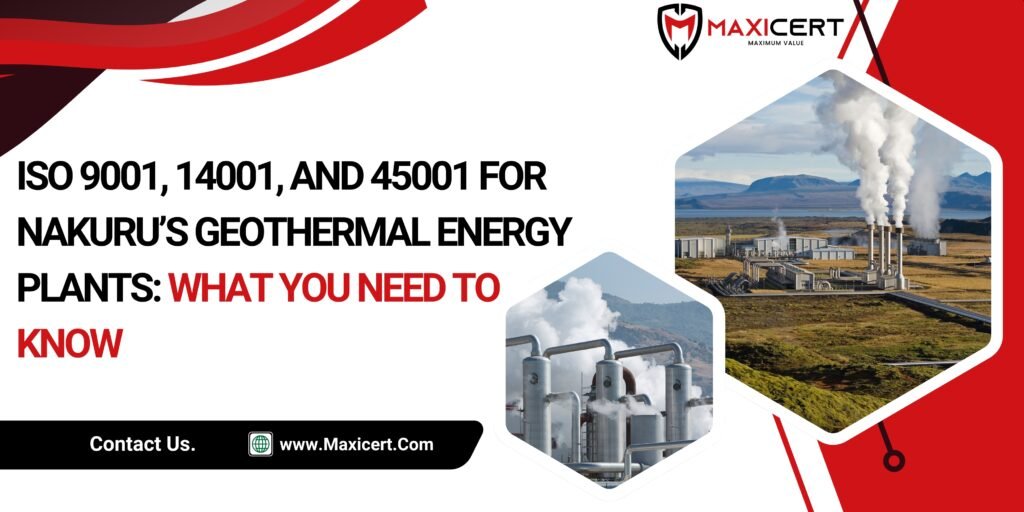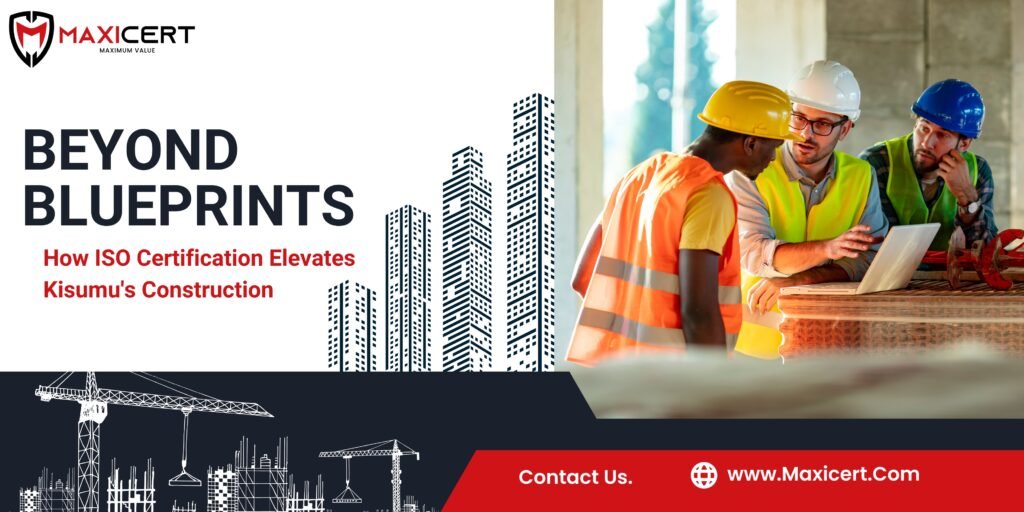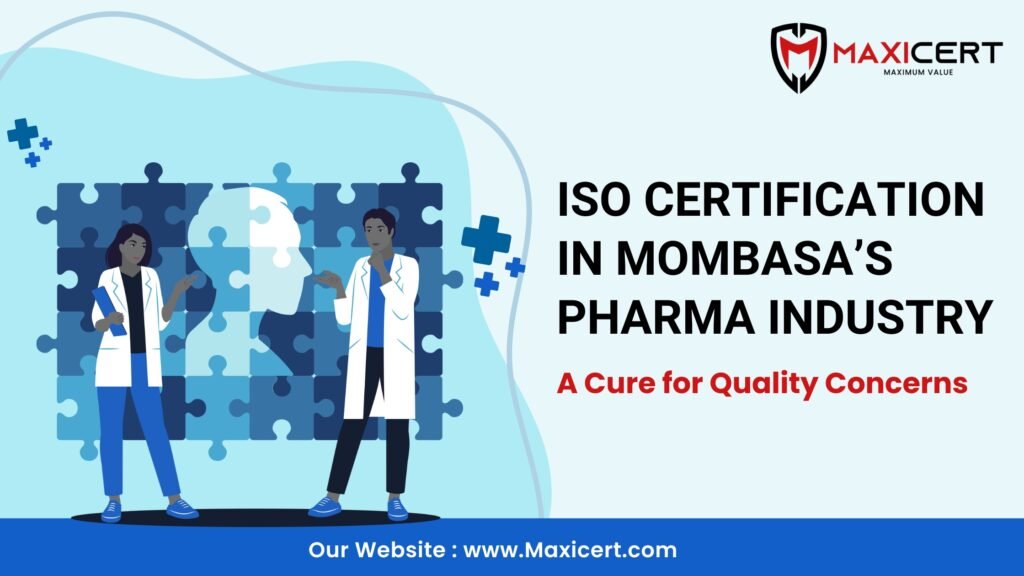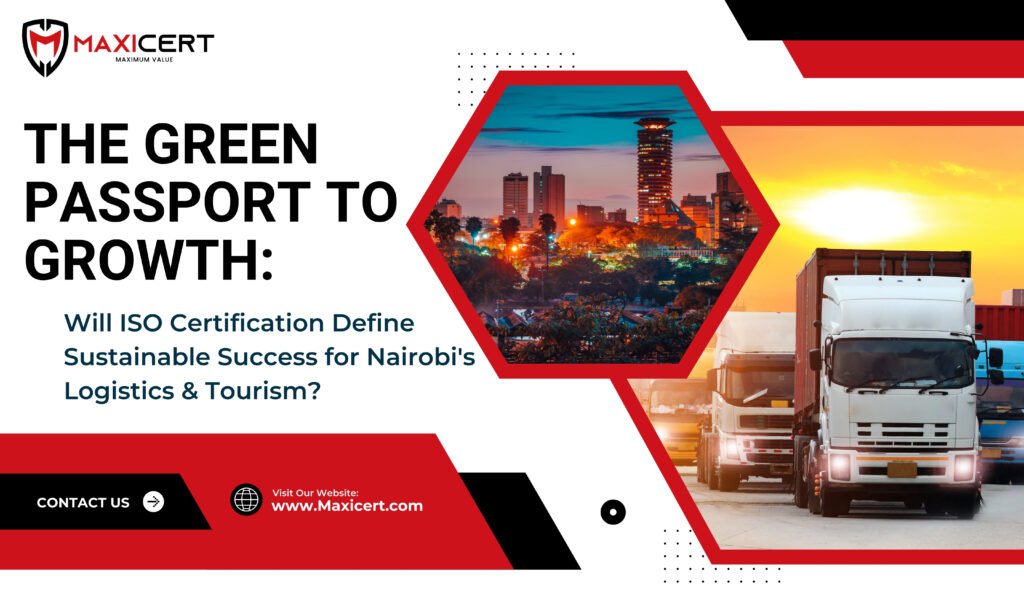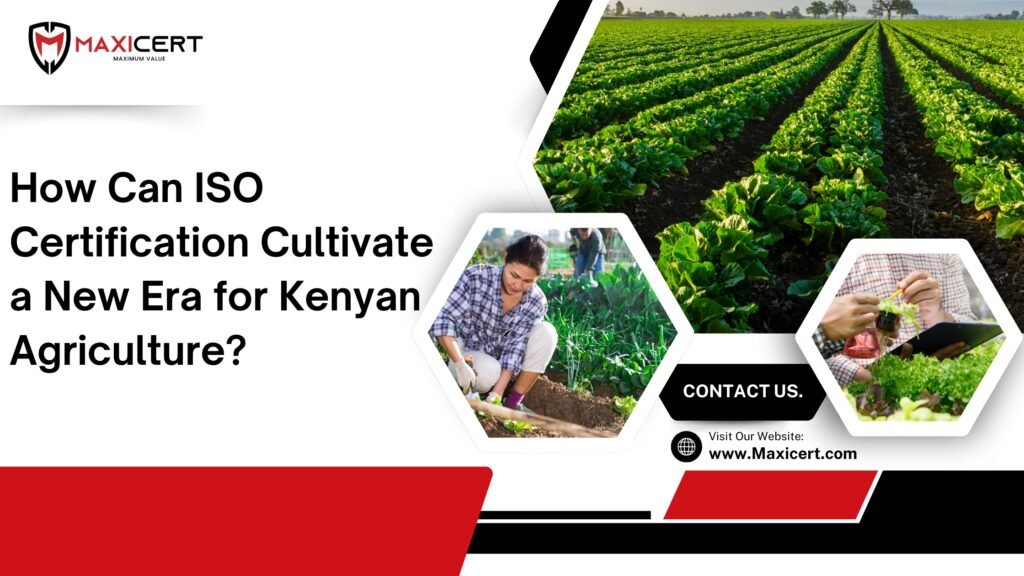ISO 9001, 14001, and 45001 for Nakuru’s Geothermal Energy Plants: What You Need to Know
ISO 9001, 14001, and 45001 for Nakuru’s Geothermal Energy Plants: What You Need to Know Introduction Nakuru houses a global center of geothermal energy in Kenya, which puts the country on the map as one of the leading countries in the world where geothermal energy is utilized. Projects like the gigantic Olkaria complex alongside the Menengai project demonstrate the country’s commitment towards harnessing clean, renewable energy. These geothermal plants harness the energy stored deep within the Earth’s crust, maintaining a clean environment to produce steady electricity. However, the newly implemented power stations present equally complex issues of their own. There needs to be an emphasis on the level of quality, environmental impact, and safety of employees. It is here that geothermal energy companies truly feel the difference ISO Certification in Nakuru brings. Achieving ISO 9001, 14001, and 45001 is not just about compliance. It is about optimizing processes concerning the production of energy, and the safeguarding of people and the environment, all within a defined timeframe. ISO certification scopes out primary frameworks of enduring sustainable development plans. Let’s look at what each of these important standards means for geothermal operations in Nakuru. Understanding ISO Standards for Nakuru’s Geothermal Operations Request A Free Quote Your name Your email Subject Your message (optional) 1. ISO 9001 Certification: Ensuring Quality in Nakuru’s Geothermal Power ISO 9001 defines the requirements of a Quality Management System (QMS). At a geothermal plant that requires exact precision and unwavering reliability to sustain power output, a robust QMS is necessary. What ISO 9001 means for Nakuru’s Geothermal Plants: Uninterrupted Power Supply: As ISO 9001 emphasizes systematizing all processes, plants can enable procedures like well drilling and steam management, turbine operation, and electrical power transmission to be perennial. This allows the plants to meet their primary obligation of providing uninterrupted power which is critical for Kenya’s economy. Enhanced Reliability: A good QMS enables scheduling of systematic frequent check-ups to all machines and components. This results in lower downtime, increased life of expensive equipment, depreciated repair expenditures, and heightened asset reliability. Minimized Errors: ISO 9001 improves overall efficiency by enabling faster correction of preemptive quality issues as plants attempt to solve concerns using root cause analysis. Greater Client Satisfaction: Outage exceedance enabled by uninterrupted power of reliable quality improves the trust stakeholders have formed and benefits every segment of society that requires energy. Clear Records: Every action, from checking equipment to reporting issues, is written down. This helps plants learn from their work and keep getting better. It also covers supplier quality, ensuring materials and services received from outside are up to standard. 2. ISO 14001 Certification: Reducing Environmental Impact in Geothermal Plants While geothermal energy is clean, harnessing its heat to produce power impacts the environment. ‘ISO 14001’ here refers to the outline of an Environmental Management System (EMS). It assists corporations in mitigating their environmental impact. What ISO 14001 means for Nakuru’s Geothermal Plants: Smart Water Use: Geothermal operations require water and steam. ISO 14001 assists plants in conserving water, for instance, by returning spent water to the earth. Water management is healthy for this region. Cleaner Air: H2S is one of the several gases that can be emitted by geothermal fluids. ISO 14001 helps plants to be more environmentally friendly by controlling these gases and improving air quality. Better Waste Disposal: Different types of waste are generated by geothermal plants, from drilling mud to general waste. The standard promotes efficient waste separation and reduction, recycling, and safe disposal. Protecting Nature: Certain natural parks and reserves, including parts of Olkaria, are adjacent to several geothermal sites. ISO 14001 assists in the reduction of impact on local flora and fauna, in particular animals, by controlling noise. It also promotes the involvement of local populations in environmental conservation. Following Rules: This standard makes sure plants follow Kenya’s environmental laws and international agreements. This helps them avoid fines and keep their right to operate. 3. ISO 45001 Certification: A Safer Workplace for Geothermal Workers in Nakuru Operating geothermal plants has its own set of distinct safety challenges. Just image drilling through incredibly hot regions, operating massive machines, or coming into contact with given gases. There’s a comprehensive framework provided by ISO 45001 for an Occupational Health and Safety (OH&S) Management System. What ISO 45001 means for Nakuru’s Geothermal Plants: Risk Identification: It assists plants in analyzing specific geothermal risks like high-pressured steam, H2S gas, the act of drilling, and working from elevated surfaces or confined spaces. Accident Prevention: It requires the use of appropriate protective equipment, strict adherence to safety policies, equipment such as helmets and gloves, inclusive training for all personnel, comprehensive safety training, and contractor safety management on site. It also deals with construction contractor-executed safety activities on site. Emergency Readiness: It helps plants formulate a comprehensive response for potential steam leaks, well blowouts, or exposure to chemicals. Legal Liability: The standard ensures compliance with Kenyan legal requirements for occupational health and safety, thus minimizing legal risks and safeguarding the reputation of the company. Wellbeing: Trust and worker engagement increase while sick leave, absenteeism, and presenteeism all decline as active work performance improves. Real-World Impact: Nakuru Geothermal Plants’ ISO Success Stories To illustrate the tangible benefits, consider these hypothetical examples from Nakuru’s thriving geothermal sector: 1: Powering Consistency with ISO 9001 Organization: Rift Valley Geo Power (RVGP) Challenge & Solution: RVGP’s operations lacked consistency which caused power output, as well as, unscheduled downtimes to occur unpredictably. Through robust (ISO 9001) quality management system implementation, they streamlined all control activities starting from wellhead to dispatch which included active power plant preventive maintenance. Impact: Within one and a half years, RVGP lowered their unscheduled downtimes by 25% and increased their consistent power output by 15%, resulting in additional revenue and further strengthening their growing reputation as a dependable provider of energy. 2: Greener Operations with ISO 14001 Organization: Menengai CleanSteam Ltd. Challenge & Solution: Menengai CleanSteam was under fire for their tertiary treatment of wastewater effluent due to H2S emissions.
ISO 9001, 14001, and 45001 for Nakuru’s Geothermal Energy Plants: What You Need to Know Read More »





